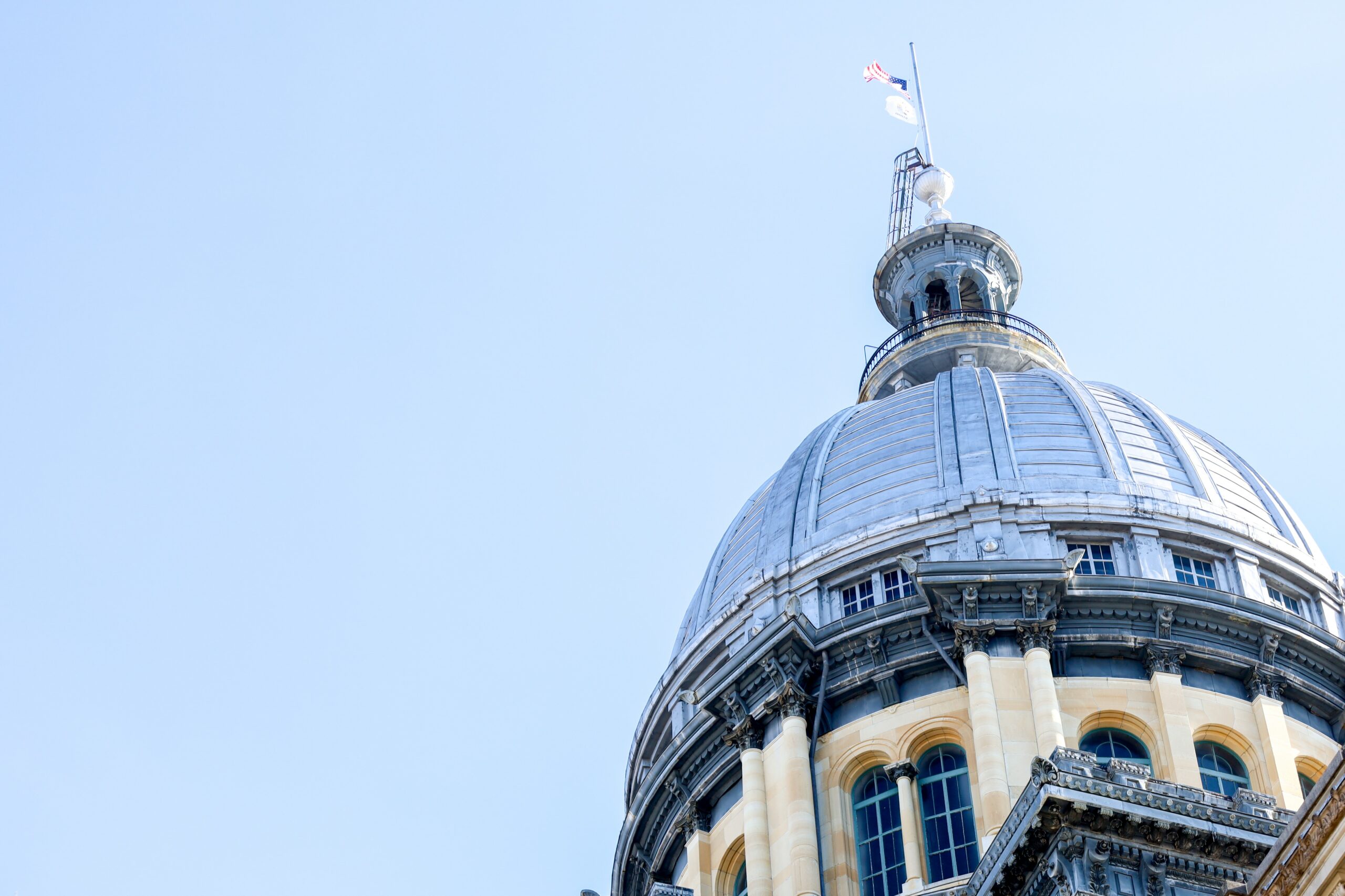Illinois Legislative News: April 22, 2024
Third Reading Consulting Group
House Third Reading Deadline Week
Both the House of Representatives and the Senate were in session this week. This was the House third reading deadline week, and House members passed over 200 bills. Bills passed out of the House this week will be sent to the Senate for future consideration. The Senate third reading deadline already passed on April 12, but the Senate considered a few bills that had their third reading deadlines extended. Both chambers will be on break next week and will return to Springfield on Tuesday, April 30. The next deadline is Friday, May 3, which is the opposite chamber bill committee deadline in both the House and Senate. The 2024 General Assembly session is scheduled to adjourn on May 24, with contingent session days from May 25 to 31, if needed.
Hearing on Governor’s Proposed Pension Plan
On Thursday, the House Personnel and Pensions Committee held a subject matter hearing on Gov. J.B. Pritzker’s pension plan as a part of his FY 2025 budget proposal. The pension plan proposes allocating half of funds currently being used to pay off bond debt to pensions after the bonds expire. The state borrowed $10B in pension funding General Obligation Bonds in 2003 set to be retired in FY 2033, and $6B in backlog borrowing General Obligation Bonds in 2017 set to be retired in FY 2030. When the first bonds are retired in FY 2030, the state would begin making additional pension contributions of about $250M per year above the current statutory funding plan. Beginning in FY 2033, after the other bonds are retired, additional pension contributions would increase to about $750M per year above the current plan through the end of the funding ramp. Alexis Sturm, Director of the Governor’s Office of Management and Budget (GOMB) noted that the other 50% of funds currently being used to pay off the expiring bonds were already earmarked to go to the pension system, as a part of the original law establishing bonding. That is why Gov. Pritzker’s plan proposes using only 50% of dollars from the expiring bonds, not 100%.
Gov. Pritzker also proposes changing the ramp from the longstanding 90% funding goal in FY 2045 to 100% funding in FY 2048. Reaching 100% funding would be possible due to additional contributions and the three-year extension of the ramp. David Greising of the Better Government Association (BGA) stated that Illinois is an outlier amongst states for having a funding goal below 100%. If the proposal passes, it would decrease the annual pension payment growth rate from approximately 2.5% per year under the current heavily-backloaded ramp to about 1.85% per year.
Although not included in Gov. Pritzker’s pension funding proposal, members spent a significant amount of time discussing proposals to increase Tier 2 pension benefits to meet Social Security safe harbor requirements. Sturm confirmed that the governor does not currently have any language to address Tier 2 safe harbor, but he remains open to addressing the issue. Both Pat Devaney of the Illinois AFL-CIO and Greising expressed cautious support for the governor’s pension proposal, although they differed in their approach to Tier 2 reform. Devaney, representing public sector union employees, emphasized that he believes Tier 2 benefits are unfair and inadequate, which negatively impacts the State’s ability to recruit and retain employees. He stated that he would like to see comprehensive Tier 2 benefit increases, beyond just the obligation to meet safe harbor. Greising cautioned against significant benefit increases beyond what is required to meet safe harbor or eliminating Tier 2 entirely. He noted that without the creation of Tier 2, the State’s pension systems would be in a significantly worse funding position than they already are. Greising also stated that the cost of increasing Tier 2 benefits to meet safe harbor will be significant, so more broadly increasing benefits would eliminate any savings from Gov. Pritzker’s proposal.
Greising suggested that the governor’s proposal should be considered in tandem with a pension funding proposal from the Civic Committee of the Commercial Club of Chicago. The Civic Committee plan would increase the personal income tax rate by 0.5% and the corporate income tax rate by 0.7% for ten years, to raise an additional $28.5B for pensions. The decade of increased pension funding would save $37B in future pension contributions. The Civic Committee plan would achieve 100% pension funding in FY 2053, five years later than Gov. Pritzker’s plan. It would contribute significantly more in the earlier years of the ramp than Gov. Pritzker’s plan, and spread contributions over a longer period for much lower annual pension payments towards the end of the ramp. Greising noted that the Civic Committee plan will be much harder to pass through the General Assembly, given that it involves increasing income tax rates, but he believes it warrants consideration.
A third option discussed by members of the Committee would be to issue bonds to pay down pension debt immediately, extend the pension ramp beyond its current FY 2045 schedule, and decrease the target funding percentage to 80%, down from its current 90% goal. Ralph Martire of the Center for Tax and Budget Accountability (CBTA) is a leader in promoting this approach. However, Strum stated that the governor is not interested in issuing bonded debt to pay down pension debt. Greising cautioned against lowering the target funding percentage, which would hurt Illinois’ credit rating and decrease corporate confidence.
Gov. Pritzker’s proposed pension funding plan could be passed as a part of the FY 2025 budget prior to the end of the 2024 regular session in May. Committee members noted that any additional pension reforms, such as Tier 2 changes, appear more likely to pass in fall veto session or January 2025 lame duck session.
Important Upcoming Dates – Statewide
April 19 – House Third Reading Deadline
May 3 – Opposite Chamber Committee Deadline
May 17 – Opposite Chamber Third Reading Deadline
May 24 – Adjournment
May 25-31 – Contingent Session Days for Budget
November 5 – 2024 General Election

